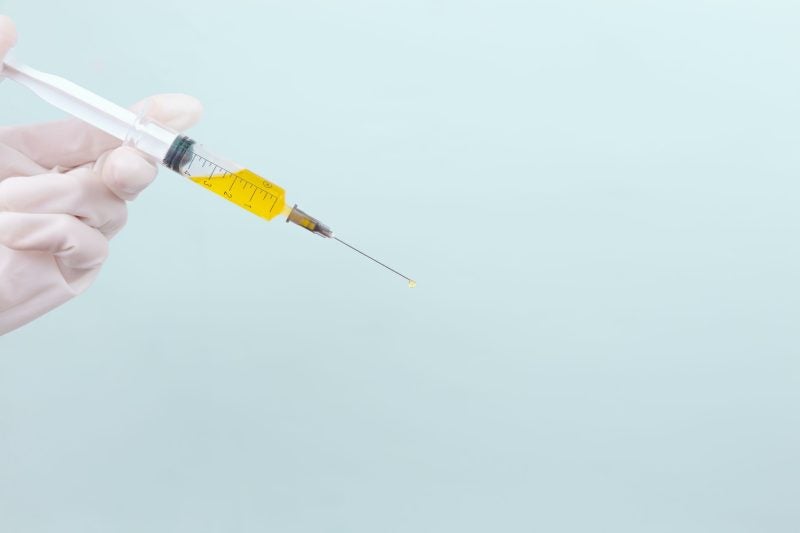

The University of Texas Medical Branch (UTMB) and HDT Bio have received funding worth up to $87.4m in a project agreement from the US Government for developing self-amplifying RNA (saRNA) vaccine technology against advanced and emergent viral threats.
The award is provided by Joint Program Executive Office for Chemical, Biological, Radiological, and Nuclear Defense (JPEO-CBRND) of the US Department of Defense (DOD) and the Biomedical Advanced Research and Development Authority (BARDA) of the US Department of Health and Human Services (HHS), through the Medical CBRN Defense Consortium (MCDC) Other Transaction Authority (OTA).

Discover B2B Marketing That Performs
Combine business intelligence and editorial excellence to reach engaged professionals across 36 leading media platforms.
The development of vaccines to Phase I trials under the five-year $59m prototype project comprises an additional $28.4m in milestone payments.
Under the project, the Crimean-Congo haemorrhagic fever virus (CCHFV) and Nipah virus (NiV), which are important to military personnel, will be targeted for vaccine protection.
Additionally, the funds are intended to advance the vaccines to the successful conclusion of Phase I clinical trials.
UTMB will utilise saRNA vaccine platform technology and Lion delivery system of HDT Bio for developing the vaccine candidates, namely HDT-321 for CCHFV and HDT-331 for NiV.

US Tariffs are shifting - will you react or anticipate?
Don’t let policy changes catch you off guard. Stay proactive with real-time data and expert analysis.
By GlobalDataAs a sub-performer for the vaccine development, HDT Bio will receive $49m.
The project will be led by UTMB while HDT Bio will be responsible for the NiV saRNA vaccine candidates’ selection and the development of an assay.
Rocky Mountain Labs will partner to select the saRNA vaccine candidates for CCHFV.
HDT Bio CEO Steve Reed said: “We are grateful to DOD and HHS for their support.
“We look forward to working with our partners and the MCDC to protect our military personnel and the American people as a whole from biological threats.”
Even though CCHFV and NiV are zoonotic viruses, they can transmit from infected individuals by coming in close contact with bodily fluids.
Cell & Gene Therapy coverage on Pharmaceutical Technology is supported by Cytiva.
Editorial content is independently produced and follows the highest standards of journalistic integrity. Topic sponsors are not involved in the creation of editorial content.

